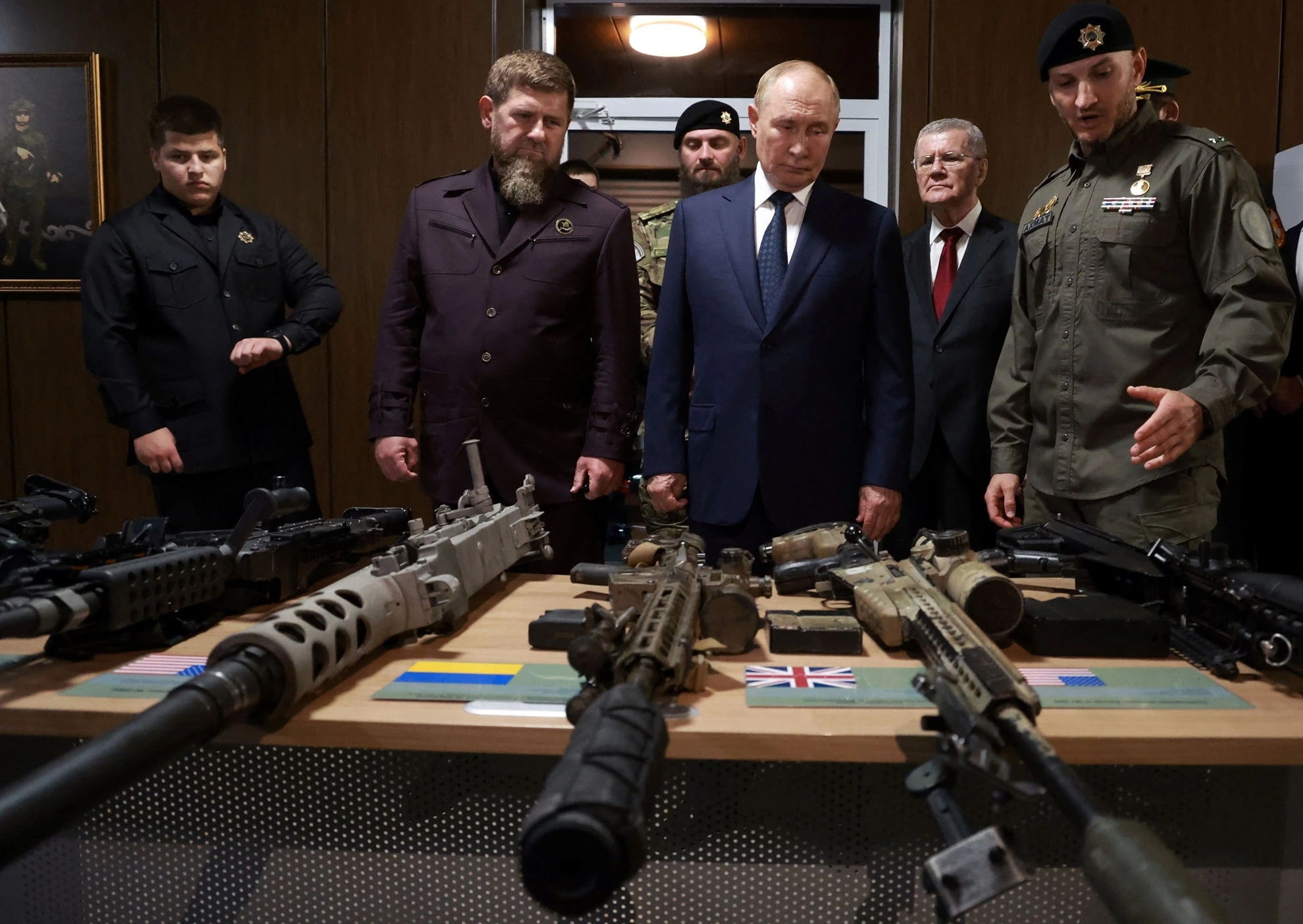Succession Without a Kadyrov
The Kremlin’s discreet but decisive effort to orchestrate a power transition in the Chechen Republic appears to be progressing at a brisk pace. While initial speculation surrounded multiple potential successors, it is now understood that the name of Adam Kadyrov—long suspected to be groomed for the position—is not, in fact, included on the shortlist of two or three candidates currently under serious consideration.
In a further sign of shifting political fortunes, sources indicate that Adam Delimkhanov and his associates have been advised to scale back their involvement in what officials euphemistically describe as “business dispute resolution”—a term widely seen as a polite stand-in for quasi-criminal mediation services. Such interventions have long been a source of tension between Chechen elites and federal authorities, fueling criticism that the region’s leadership relies excessively on extrajudicial means to maintain order.
Negotiations between Grozny and Moscow are said to revolve around several key conditions for the next administration. Chief among them is a demand for full transparency in budgetary expenditures, accompanied by an unwavering pledge of loyalty to the federal center. The new leadership will also be expected to abandon long-standing practices such as blood feuds and refrain from asserting territorial claims on neighboring republics like Ingushetia and Dagestan. Public activity—especially in sensitive security or political matters—is to be kept to a minimum and strictly confined to regional affairs.
Before any smooth transition of power can take place, however, Chechnya’s current ruling circle will reportedly undergo a comprehensive audit. Investigations are expected to focus on alleged foreign property acquisitions, as well as substantial financial transfers allegedly traced to banks in the United Arab Emirates and Qatar. If confirmed, these revelations are likely to intensify scrutiny of Chechnya’s opaque system of governance.
Meanwhile, Ramzan Kadyrov—long criticized for his heavy-handed, at times brutal, grip on the republic—may be offered a token federal position, likely one that carries little more than a ceremonial title. While he is expected to retain some influence over regional affairs, it is believed this influence will fall short of the power he once commanded. Critics suggest the move is designed, in part, to offer Kadyrov a face-saving sinecure while enabling the Kremlin to reassert tighter control over a strategically sensitive corner of the North Caucasus.
The End of Strongman Rule?
With Russia’s central government determined to eradicate the remnants of local strongman rule, Chechnya’s leadership now stands at a crossroads between reform and continuity. Whether the incoming administration will honor the Kremlin’s demands for transparency—and distance itself from the murky nexus of politics and criminal enterprise—remains to be seen.





















